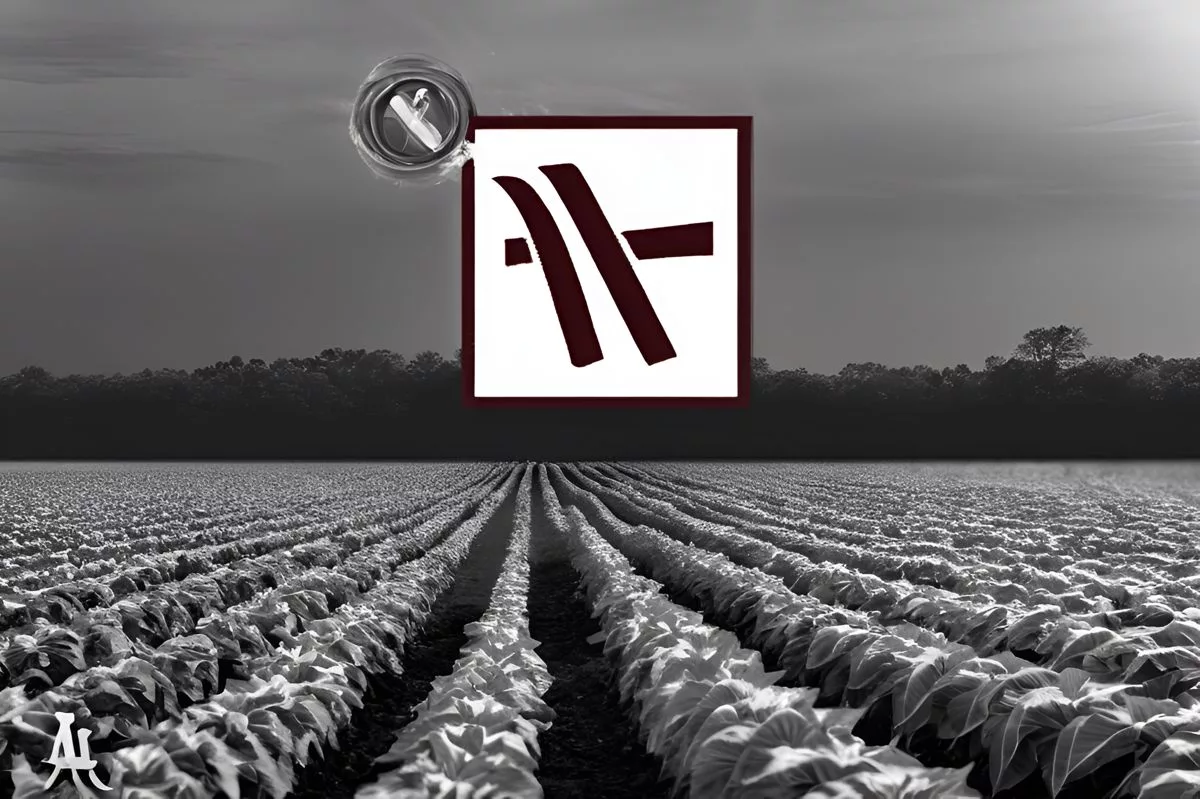Public Hearing on B33-2022
Amidst the bustling activities in the heart of the Amatole District Municipality, Butterworth’s inhabitants have expressed their concerns. Bearing the burden of a high unemployment rate and recurrent loadshedding, they insist that these matters should headline the Parliamentary agenda instead of the regulation of tobacco products.
The debate about this surfaced during the first of three public hearings on the Tobacco Products and Electronic Delivery Systems Control Bill (B33-2022). The hearing took place at the Butterworth Town Hall. The Bill intends to bolster public health protective procedures, revamp the South African tobacco control law to meet the World Health Organization Framework Convention’s standards, and invalidate the 1993 Tobacco Control Act. This proposed legislation sparked a range of responses from the townsfolk.
A Mixed Reaction from the Public
The townspeople’s opinions varied widely, with some forcefully endorsing the Bill and others strongly rebutting it. The most controversial point of contention revolves around the Bill’s potential effect on unemployment. The Bill’s critics express their fears that its execution might exacerbate the already high unemployment rates within the tobacco industry and along the entire tobacco value chain. Additionally, they are anxious about potential fiscal repercussions if revenue from tobacco sales decreases, possibly impacting necessary social programs’ provision.
However, the Bill’s proponents counter these arguments, stressing that small-scale traders should refocus their efforts on less damaging products. They assert that the regulation of tobacco products will bring about a greater societal benefit by controlling the rising consumption among young South Africans. They criticize the current advertising guidelines for luring the youth into smoking and believe that enforcing this Bill and banning advertising at points of purchase will lead to decreased consumption.
Technical Criticisms and Concerns for Small-Scale Traders
The Bill also faced technical criticisms. Some townsfolk disagreed with the Bill’s preamble that categorizes nicotine as a detrimental substance. They argue that nicotine, while addictive, isn’t directly toxic or cancer-causing. They believe this distinction is imperative to encourage the use of harm reduction products.
The plight of small-scale traders was also highlighted. These traders expressed their disapproval of the Bill, arguing that its enforcement could threaten their businesses’ survival, disempowering them and possibly hindering their ability to provide for their families. They also expressed worry that the Bill could lead to heightened scrutiny from law enforcement agencies and potentially promote the sale of illegal cigarettes in the market.
The Bill’s supporters, on the other hand, praised its merits. They applauded the intensified ban on selling tobacco products to young children but acknowledged the need to strengthen monitoring mechanisms to ensure regulatory compliance. They expressed strong support for the ban on selling tobacco products through vending machines, which would restrict access by young children.
The Democratic Process in Action
Despite divergent views, the hearing was characterized by a genuine spirit of public participation. The committee’s chairperson, Dr. Kenneth Jacobs, expressed appreciation for the diverse inputs and assured everyone that each would receive thorough consideration. “This is democracy in action,” he stated, “and we are confident that the hearings met the standard of meaningful public participation.”
Potential Changes and Continuing Debates
If enacted, the Bill will instigate broad changes, including designating indoor public spaces and specific outdoor areas as completely smoke-free zones, prohibiting cigarette sales through vending machines, mandatory plain packaging with graphic health warnings and pictorials, a ban on displaying products at points of sale, and regulating electronic nicotine and non-nicotine delivery systems.
The unexpected relocation of the Queenstown public hearings was deemed necessary to create an environment conducive to effective public participation. Dr. Jacobs stressed measures have been implemented to prevent any disadvantage to the participants due to the change in location.
As the debate rages on, the public hearings continue, offering a platform for the residents to express their worries, aspirations, and fears. Through these dialogues, they are not only influencing the future of tobacco control in South Africa but also drawing attention to the pressing issues of unemployment and loadshedding that affect their everyday lives, embodying the very spirit of democracy.








